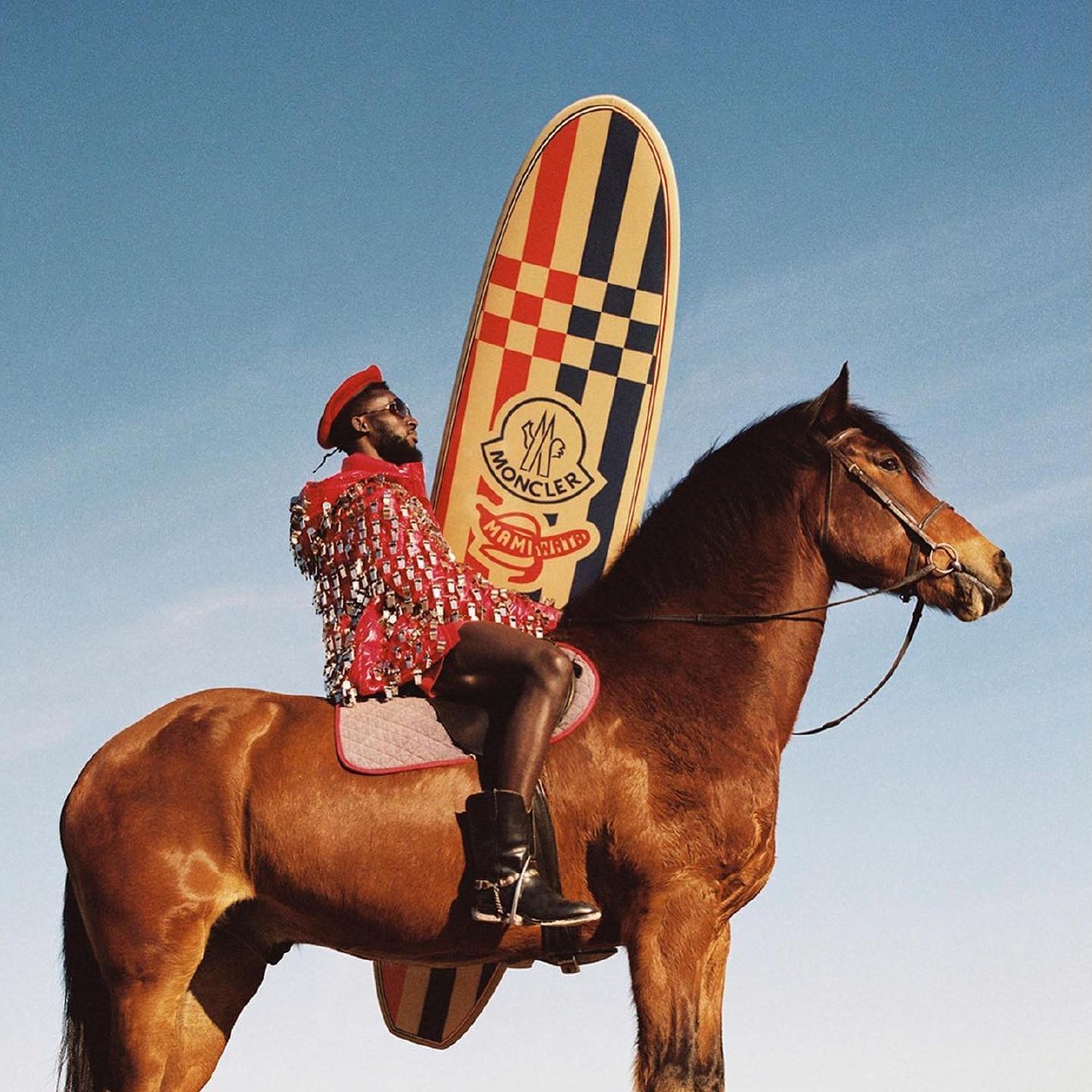
Mami Wata is the Spirit of African Surf
The first African surf brand is making waves throughout the global surf culture.
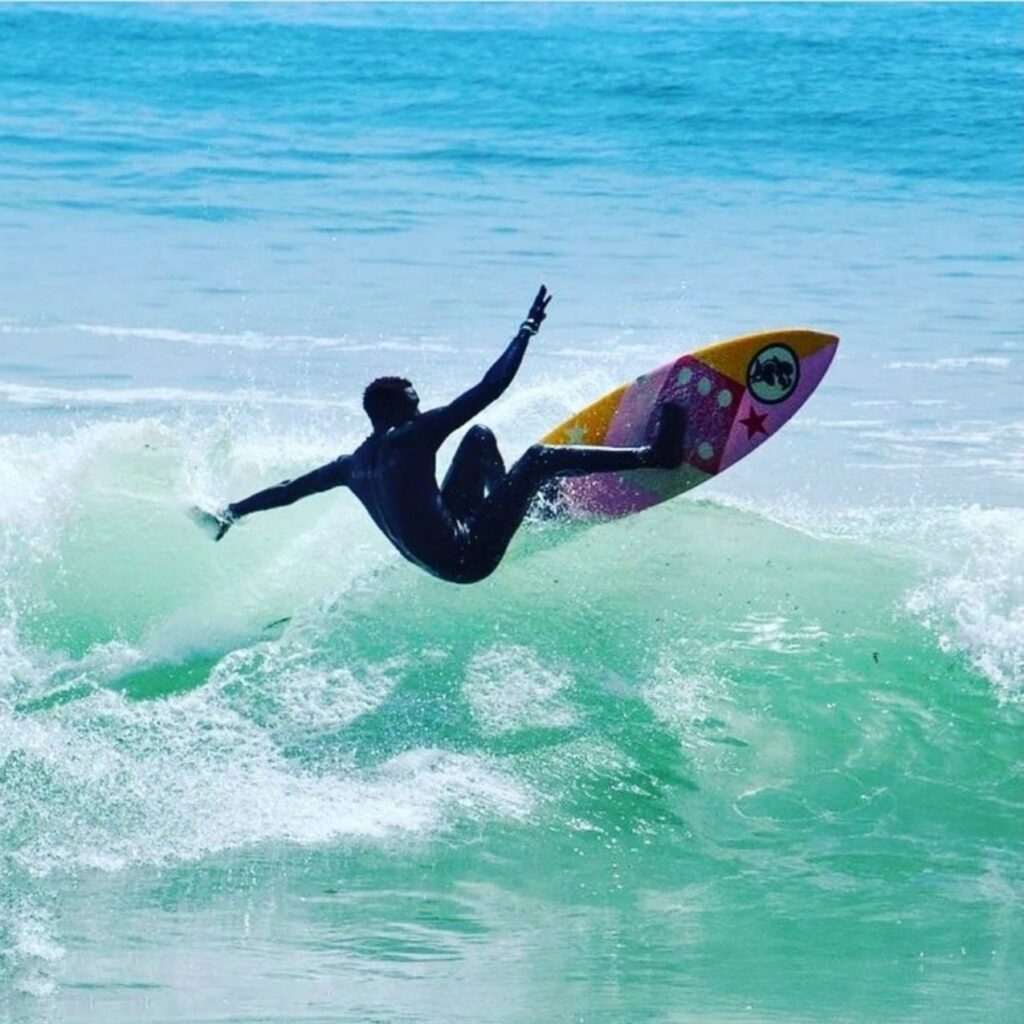
For many, surfing is more than the act of riding a curling body of water breaking near the shore. Some see it as a cultural wave that can spread throughout communities and change people’s lives. What began with the Polynesians back in the 12th century and was popularized in the 1950s and 1960s in California and elsewhere has spread worldwide. Surfing has not only become a hobby and professional sport but has a significant influence on music, art, film, literature, and fashion.
One of the companies making a huge splash in the African surf culture and throughout the world is Mami Wata. The brand’s name comes from the African water spirit that comes in the form of a mermaid with a serpent wrapped around its body. From Morocco to Madagascar, Mozambique to Liberia, Mami Wata (Mama Water) is known to abduct her followers and return them wealthier, more attractive, and with a new spiritual understanding of life.
What began in 2017 by co-founder and CEO Nick Dutton and his partners out of Cape Town now sells globally. Known as an African Surf lifestyle brand, a significant part of Mami Wata’s success can be attributed to Dutton’s previous experience in advertising global leaders such as Volvo, Jaguar, and Snickers in South Africa and the UK. His 20-year career, coupled with his global adventures, inspired him to create an African surf lifestyle brand that would help people view and understand Africa through a different lens.
So what exactly is the African surf lifestyle? For Mami Wata, it’s more than the products they sell—it’s manufacturing in Africa, supporting African youth surf therapy organizations, and strengthening African surf communities and tourism. These initiatives are part of the company’s mission to be a creative force in Africa. The proceeds from Mami Wata’s award-winning book AFROSURF go towards African surf therapy organizations as well as Waves4Change and Surfers Not Street Children.
Another of Mami Wata’s co-founders, Selema Masekela, remembers a time when Black surfing in South Africa was unheard of. His father was from the country, but Masekela grew up in California and New York and decided to come to South Africa post-apartheid. Even though legislation that segregated non-whites had been lifted, it was still unprecedented to see a Black man surf for fun—and that’s exactly what Masekela did. He recalled the other kids looking at him as though he had just stepped off a spaceship. “The police tried to arrest me in Durban because they were so perplexed at what they were seeing,” he told Vogue in 2021.
One of the other owners of Mami Wata is the creative director and artist Peet Pienaar. Like Masekela, Pienaar believes in the power of “Afrosurfonomics” and the positive impacts of surfing on local communities. “When a place has a great surf break, let’s say in some remote location in Gabon, that break has the potential to generate sustainable income for the community living there. It’s surf tourism,” he told Forbes last year.
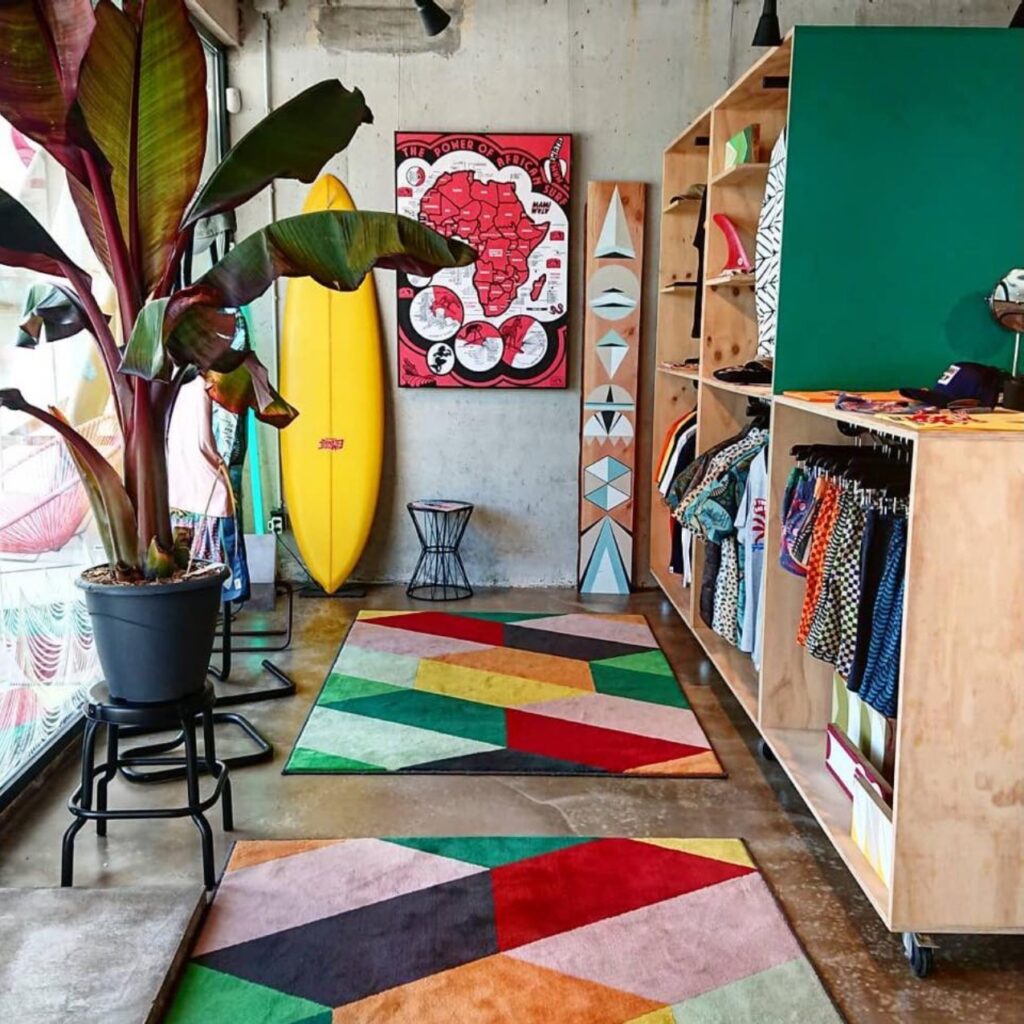
“We believe that if done right, surf can play a massive economic role in Africa similar to the role a ski slope plays in Europe,” says co-founder Peet Pienaar.
With the massive surge of African culture starting to hit the West, Mami Wata wants surf culture to be a part of that wave. Pienaar says that Africa is not a forgotten continent anymore; it’s part of the globalized world. And it’s not just modern culture that comes along with this reconnection; it’s all the excluded art and culture over thousands of years. “Surf is one of the many overlapping connections between the West and Africa. I strongly believe that this overlap is where our power lies,” he says.
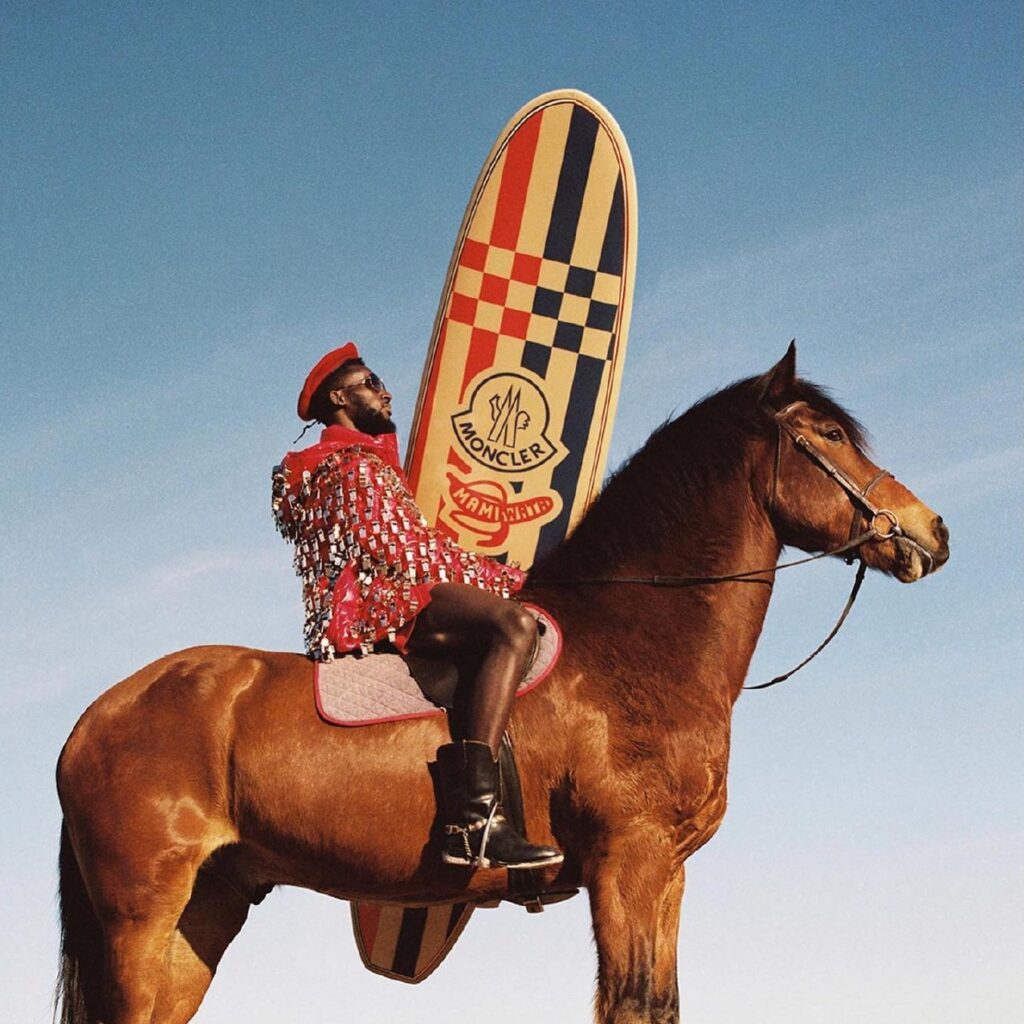
The type of apparel, accessories, and surfboards Mami Wata creates are reflective of the slogans, graphics, and patterns of African culture. Not only do they come up with their designs, but Pienaar also collaborates with African artists inspired by local South African culture. They also sell hoodies and prints with popular surf spots throughout Africa. For example, Masekela says you have to check Jeffreys Bay in South Africa off your list if you’re a hardcore surfer. “It’s one of the eight wonders of the world,” he claims.
For those living in the United States who want to get their hands on a piece of African surf culture, Mami Wata also has a shop in Venice Beach, California, and an online shop. Their Robertsport Surf Club Liberia collection includes hoodies, tees, and a surfboard, in which all of the profits fund surf therapy in Liberia. They also plan to launch towels, beach bags, and more. With more collaborations in the works, Mami Wata hopes to keep pushing boundaries and opening up people’s perceptions of African surf culture.
TROORA MAGAZINE | MARCH 2023
WRITTEN BY KEVIN JAMES JEFFERY
PHOTOS COURTESY OF MAMI WATA


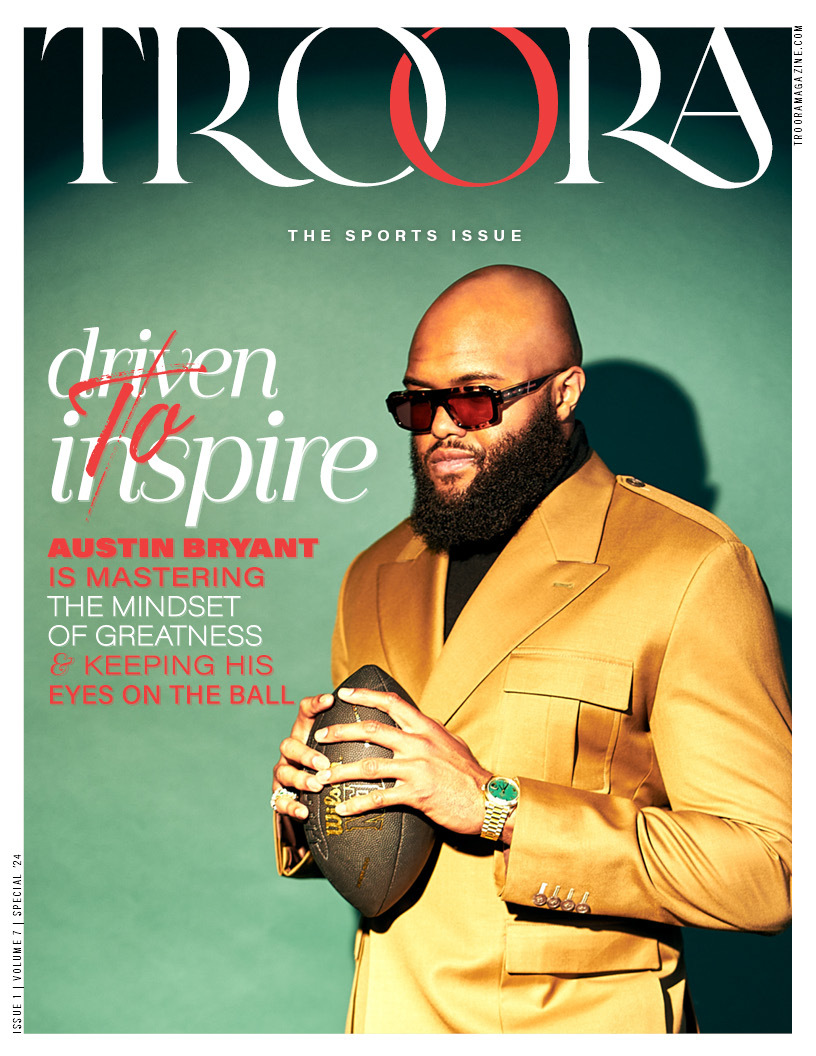
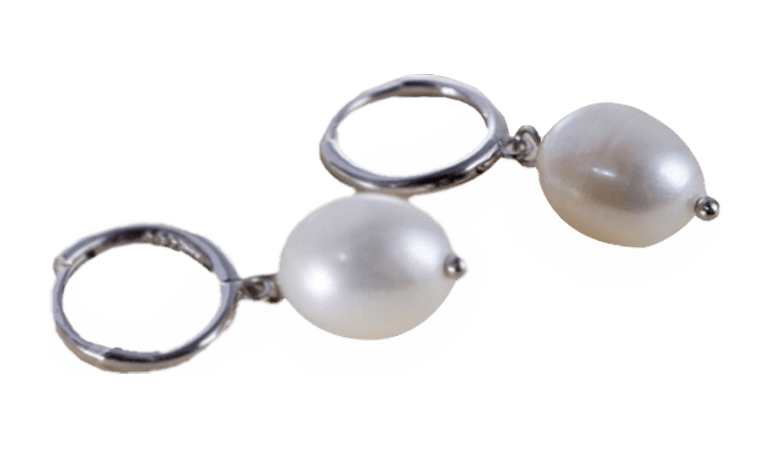
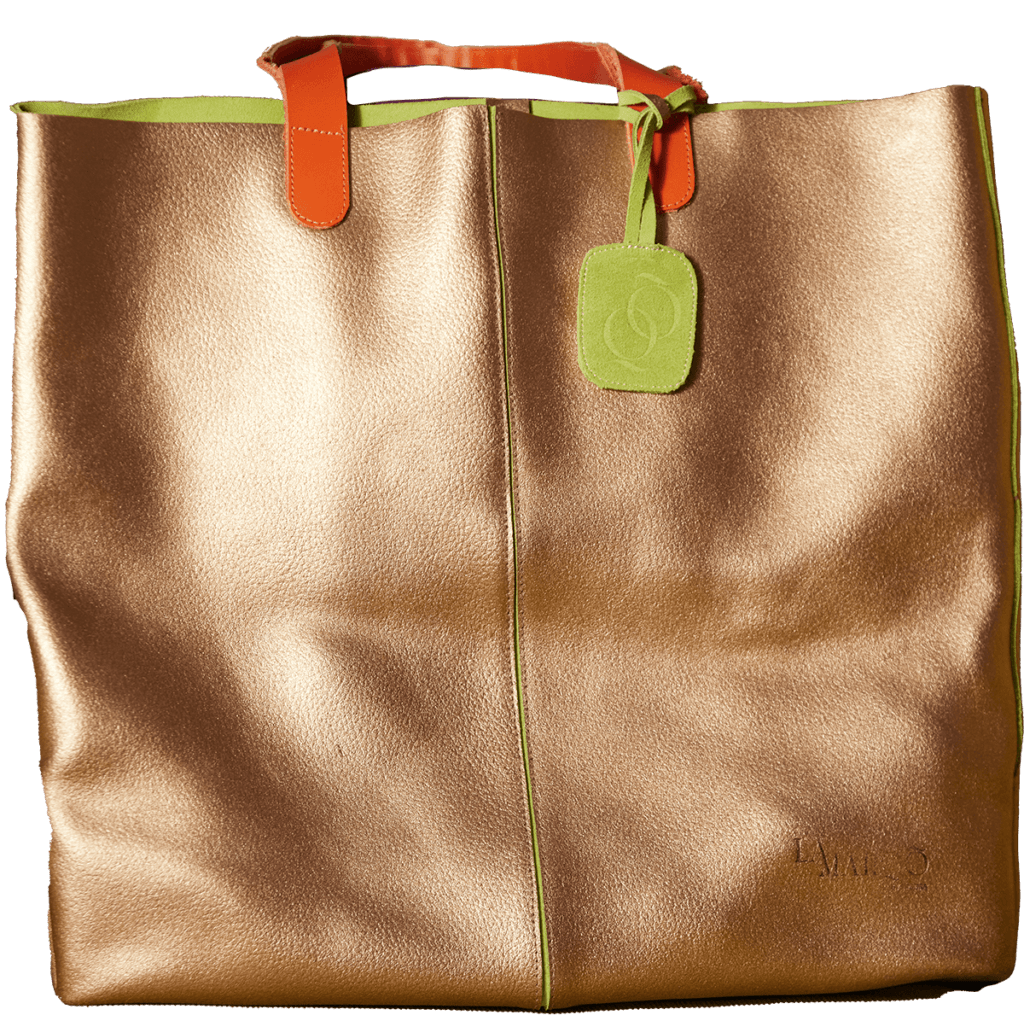
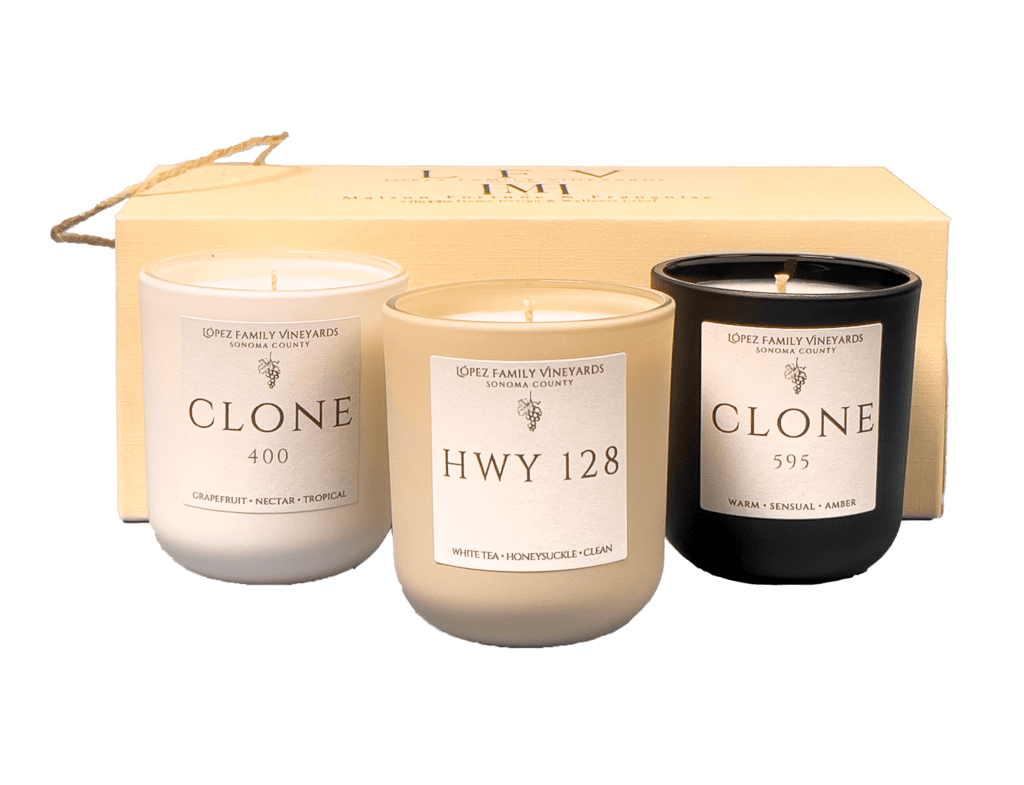
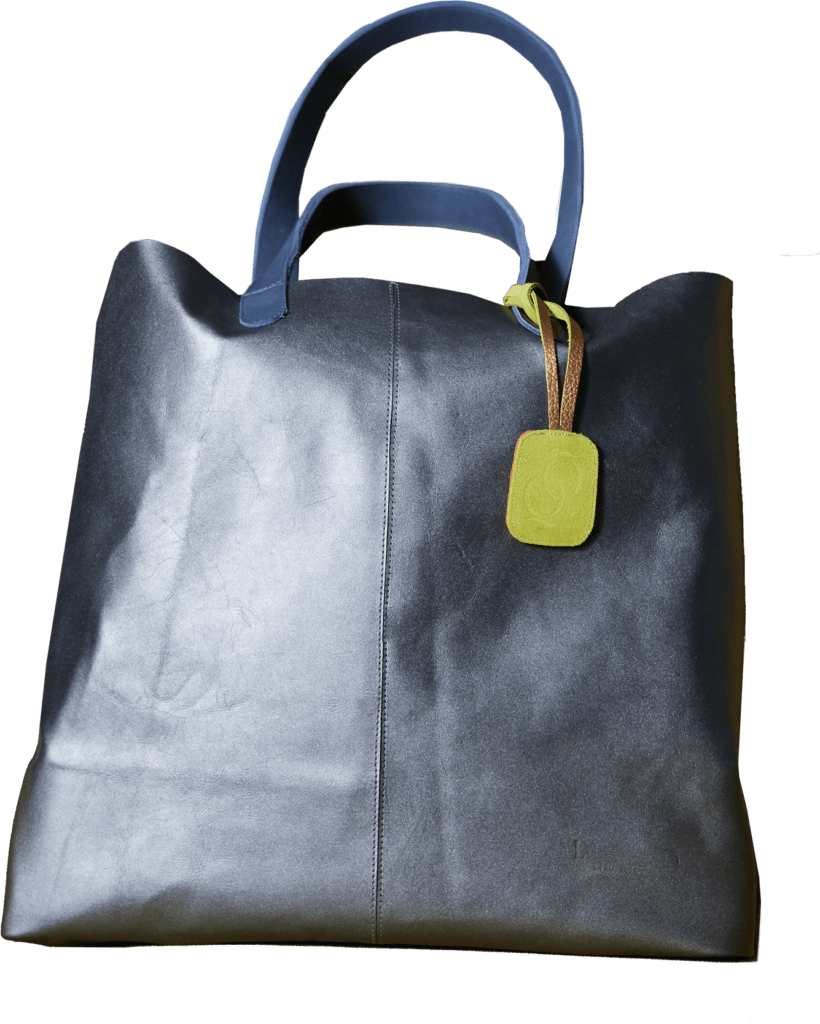
Leave a Reply